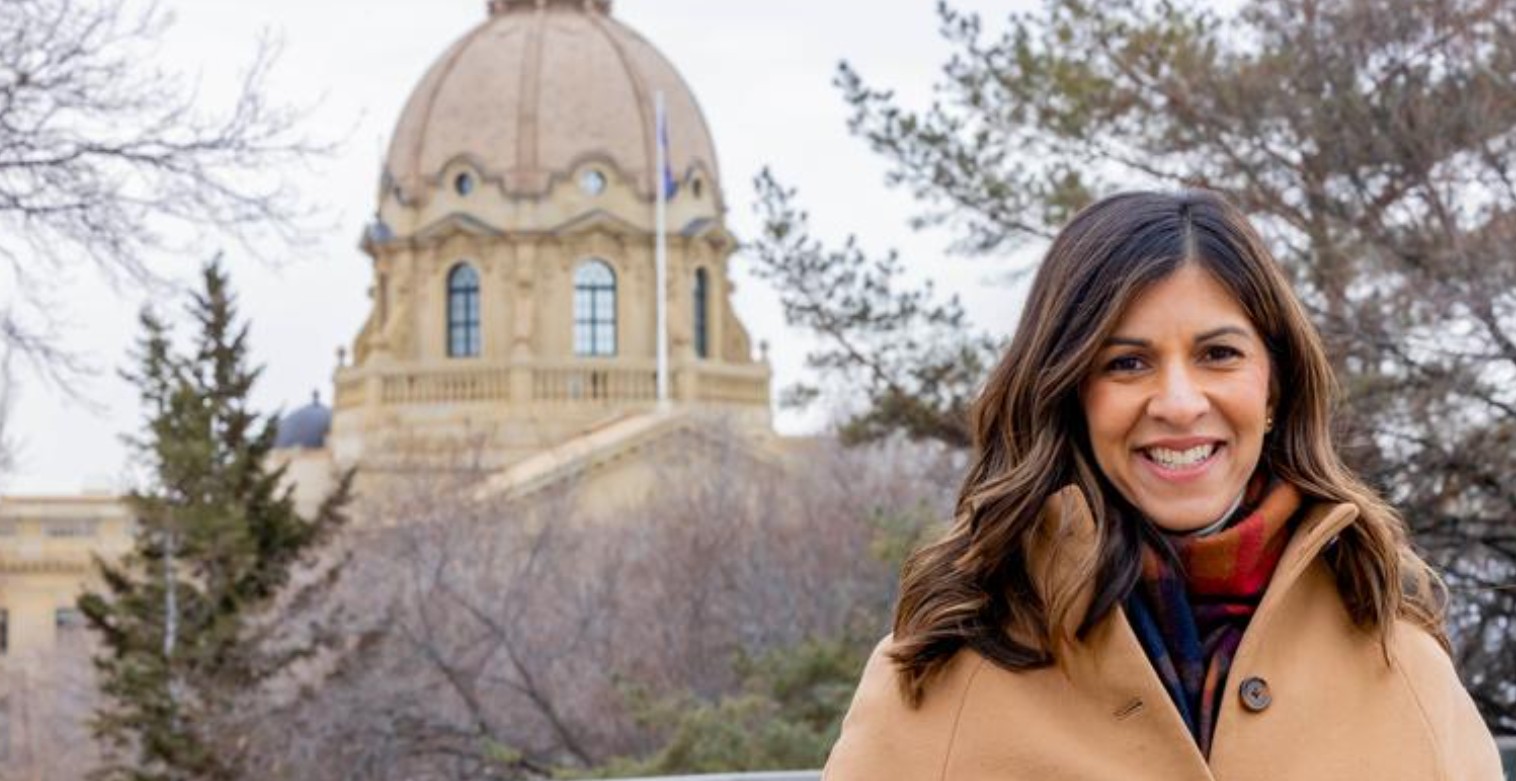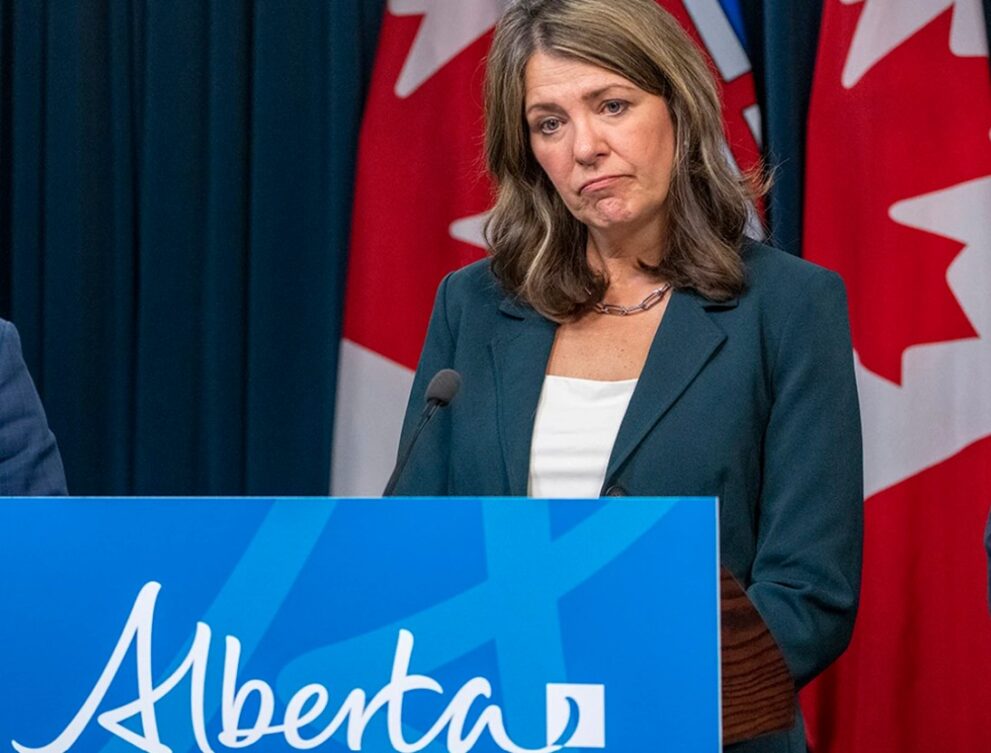Alberta Premier Danielle Smith addressed the significant criticism she has received from across Canada regarding her recent diplomatic initiatives and media engagements in the United States during a session in the Alberta Legislature on Wednesday.
In her remarks, Smith asserted that the backlash against her efforts to convince officials that a trade conflict between the U.S. and Canada would be detrimental is unwarranted. She described her approach as entering the “lion’s den” to sway American opinions in favor of Canada.
“I refuse to remain silent. Alberta will not be silenced. We will not be intimidated or labeled as traitors for having the bravery to take action regarding our nation’s and province’s challenges, rather than simply engaging in self-righteous outbursts,” Smith stated.
“Until the threat to Alberta and our economy is resolved, they will have to carry me out on a stretcher before I cease my fight for this province and its people.”
These comments were made as Smith prepares to travel to Florida this week to participate in an event alongside U.S. conservative media figure Ben Shapiro, which is a fundraiser for the non-profit organization PragerU. Her involvement in this event has drawn criticism due to the association with far-right individuals in the U.S.
The criticism directed at Smith has escalated since last weekend, following the resurfacing of her March 8 interview with the right-wing U.S. media outlet Breitbart News.
In that interview, Smith remarked that the threat of “unjust and unfair tariffs” had increased support for the Liberal party, and she expressed to U.S. administration officials her hope that “we could put things on pause” to allow Canada to navigate through an election.
She also noted that Conservative Leader Pierre Poilievre’s views align closely with those of the Trump administration.
Earlier this week, Naheed Nenshi, the leader of the Alberta NDP, accused Premier Smith of inviting foreign interference in Canada’s elections, a claim that has gained traction on social media. In response, Smith’s press secretary, Sam Blackett, stated last weekend that any implication that Smith solicited U.S. interference in the recently called federal election is “offensive and false.”
On Wednesday, Alberta NDP Deputy Leader Rakhi Pancholi criticized Smith’s address, asserting that the premier’s diplomatic initiatives have not yielded positive results, as ongoing tariff threats continue to undermine Canada’s economy.

Earlier this month, the White House implemented tariffs on Canadian steel and aluminum, and on the same day as Smith’s speech, U.S. President Donald Trump signed an executive order imposing tariffs on all auto imports.
“We need to be strategic in fostering long-term relationships with U.S. stakeholders who support Alberta’s interests across the political spectrum, rather than just aligning with ideological allies,” Pancholi stated in the legislature on Wednesday.
Questions Surrounding Diplomatic Efforts
Lori Williams, an associate professor of policy studies at Mount Royal University, indicated that there are valid concerns regarding the effectiveness of Smith’s diplomatic efforts for Canada, suggesting it would be prudent for Smith to address these issues directly.
“This response in the legislature may resonate well with her supporters, but many individuals in Alberta and across Canada, who are invested in national unity and the protection of Canada, are troubled by some of Smith’s statements,” Williams remarked.

Williams also noted that social media comments labeling Smith a traitor are regrettable and all too frequent. However, she observed that Smith’s comments on Wednesday appeared to be an effort to divert attention from the backlash regarding her interview with Breitbart, framing all criticism as attacks on her commitment to advocate for Alberta.
Williams expressed uncertainty regarding whether Smith’s remarks in the Breitbart interview, which have attracted criticism—specifically, her suggestion to pause rather than eliminate tariffs and her assertion that Poilievre aligns more closely with Trump—truly reflect a commitment to advocating for Canada.
“Many Canadians are currently very focused on national unity, standing up for Canada against challenges posed by the United States,” Williams stated.
“They do not perceive other Canadians as the main threat; rather, they view the Donald Trump administration as the significant concern for Canada. I believe it would be prudent for her to concentrate on that.”








